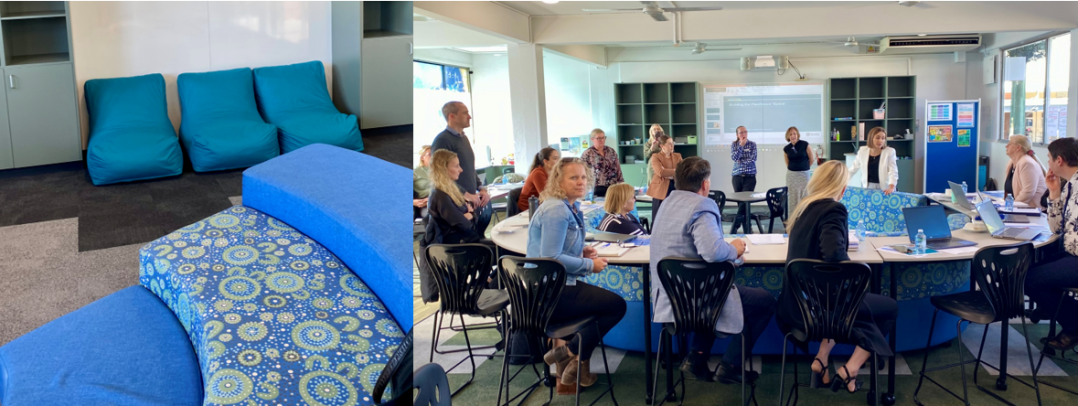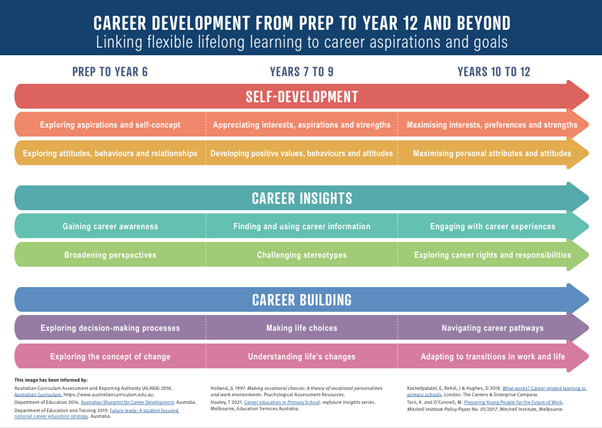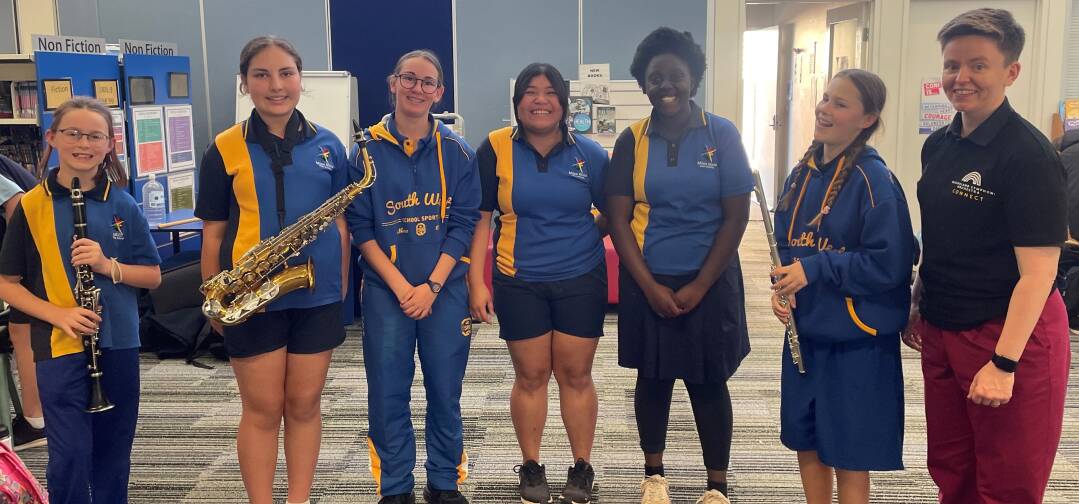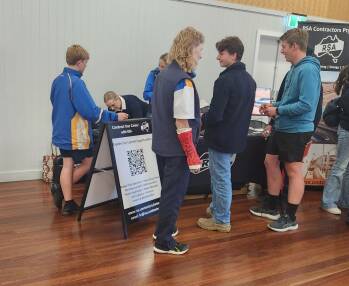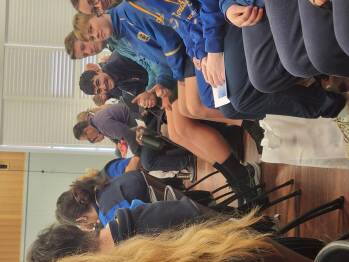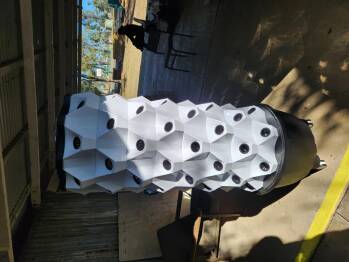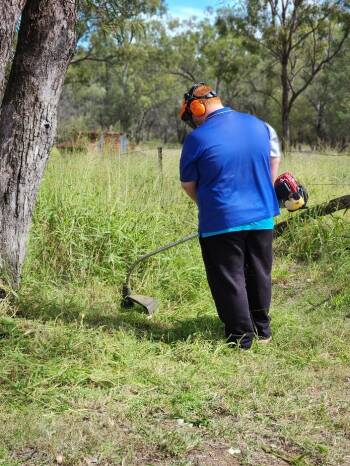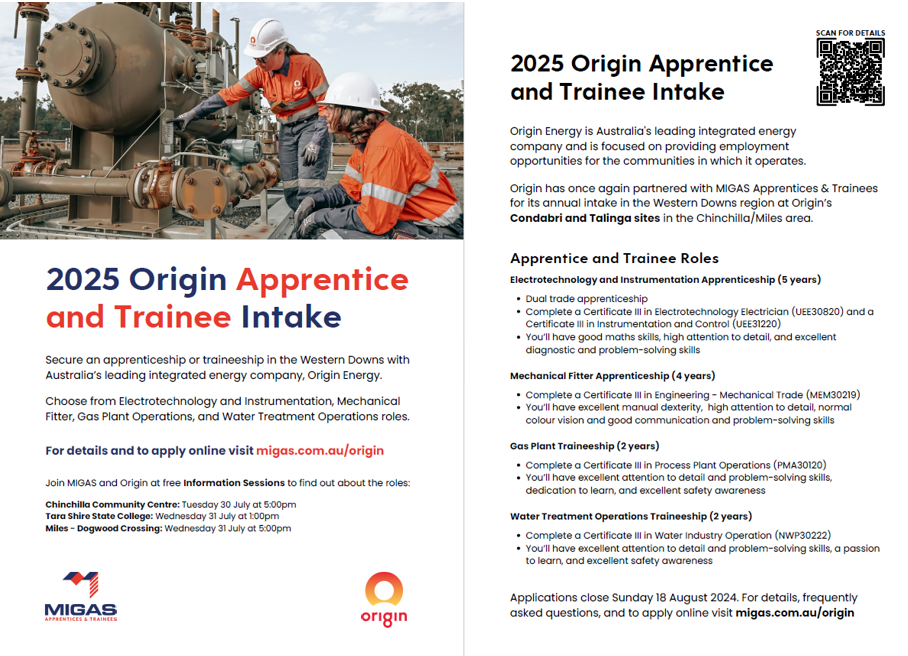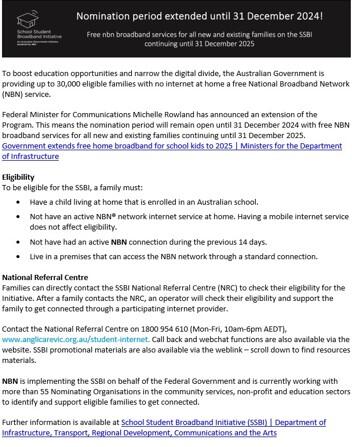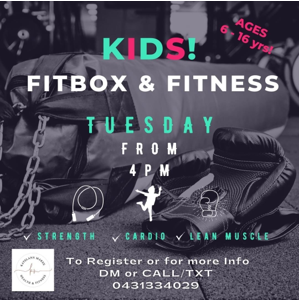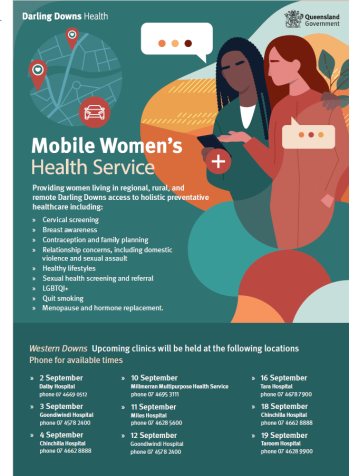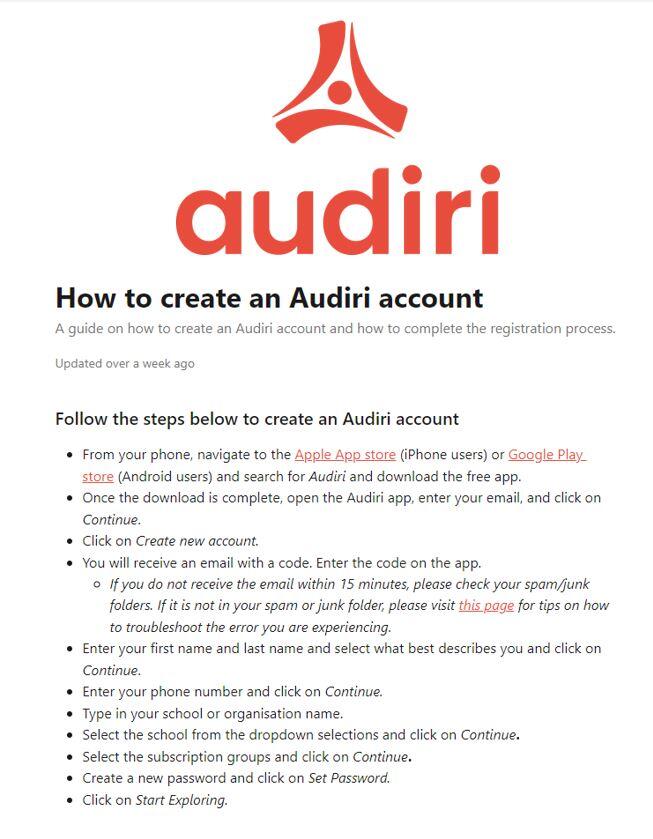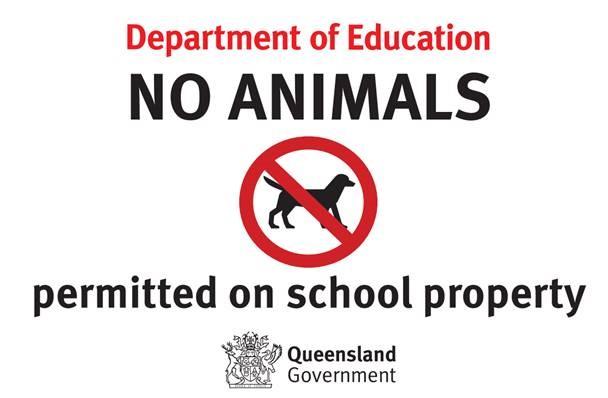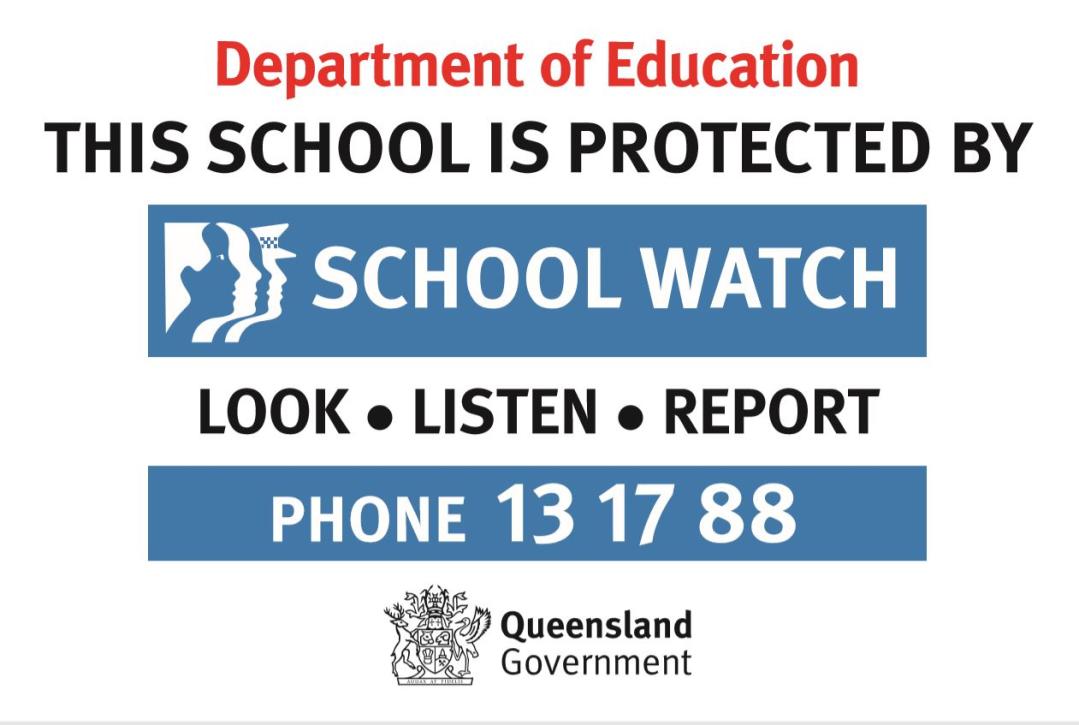The Importance of Career Education in Secondary Schools
Career education in secondary schools plays a pivotal role in shaping students' futures, but its significance extends far beyond merely helping students choose a career path. Supported by comprehensive frameworks like the Australian Blueprint for Career Development, effective career education equips students with essential skills, knowledge, and attitudes that are vital for their overall development and lifelong success.
1. Developing Self-Awareness
One of the core elements of career education is fostering self-awareness among students. Through various activities and assessments, students gain a deeper understanding of their interests, strengths, values, and aspirations. This self-awareness is crucial, not only for making informed career choices but also for personal growth and confidence building.
2. Enhancing Decision-Making Skills
Career education programs emphasise critical thinking and decision-making skills. Students learn to evaluate different career options, consider potential outcomes, and make informed choices. These skills are transferable and beneficial in numerous aspects of life, helping students navigate complex situations with greater ease and assurance.
3. Building Resilience and Adaptability
In a rapidly changing world, resilience and adaptability are key traits for success. Career education encourages students to embrace change, view challenges as opportunities, and develop a growth mindset. This prepares them to cope with uncertainties and setbacks, both in their careers and personal lives.
4. Understanding the World of Work
Through career education, students gain insights into the evolving nature of work and the skills needed to thrive in various industries. They learn about different career pathways, job market trends, and the impact of technological advancements. This knowledge helps them make strategic decisions and stay adaptable in a dynamic job market.
5. Developing Employability Skills
Career education programs focus on cultivating essential employability skills, such as communication, teamwork, problem-solving, and time management. These skills are highly valued by employers and are crucial for students’ success in any career. By mastering these competencies, students enhance their employability and are better prepared for the workforce.
6. Encouraging Lifelong Learning
A key objective of career education is to instil a love for lifelong learning. Students are encouraged to continuously seek knowledge, upgrade their skills, and remain curious about new opportunities. This mindset is essential for personal and professional growth in a world where continuous learning is the norm.
7. Promoting Social and Emotional Development
Career education also contributes to students' social and emotional development. It fosters positive relationships, empathy, and effective communication. By engaging in group activities and discussions, students learn to collaborate, respect diverse perspectives, and develop emotional intelligence. The Department of Education's Career Education Program
The Department of Education’s career education program provides a structured approach to help students explore and plan their career pathways. This program emphasises real-world learning experiences, industry partnerships, and access to career guidance resources. It aims to ensure that every student has the opportunity to achieve their full potential and make informed decisions about their future.
Miles State High School's Collaborative Approach
At Miles State High School, we are committed to working closely with our families and the wider community to future-proof our students. Our approach includes:
- Family Engagement: We actively involve families in career education activities and decision-making processes. Workshops, information sessions, and regular communication ensure that parents are well-informed and can support their children’s career aspirations.
- Community Partnerships: We collaborate with local businesses, industries, and community organisations to provide students with real-world learning opportunities. School based traineeships or apprenticeships, work experience, and mentorship programs connect students with professionals and expose them to various career paths.
- Comprehensive Support: Our career guidance team provides personalised support to help students identify their interests, set goals, and develop plans to achieve them. This includes one-on-one counselling, career assessments, and access to a wealth of resources.
- Future Skills Development: We focus on equipping students with skills that are essential for the future workforce, such as digital literacy, critical thinking, and creativity. By integrating these skills into our curriculum, we ensure that students are prepared for the challenges and opportunities of the 21st century.
The Australian Blueprint for Career Development and the Department of Education’s career education program highlight the comprehensive nature of career education and its importance in secondary schools. By addressing various aspects of students' development and engaging with families and the community, Miles State High School is committed to preparing students not only for the workforce but also for a fulfilling and successful life. Investing in robust career education programs is essential for nurturing well-rounded, adaptable, and confident individuals ready to take on the challenges of the future.
Sarah Perry



